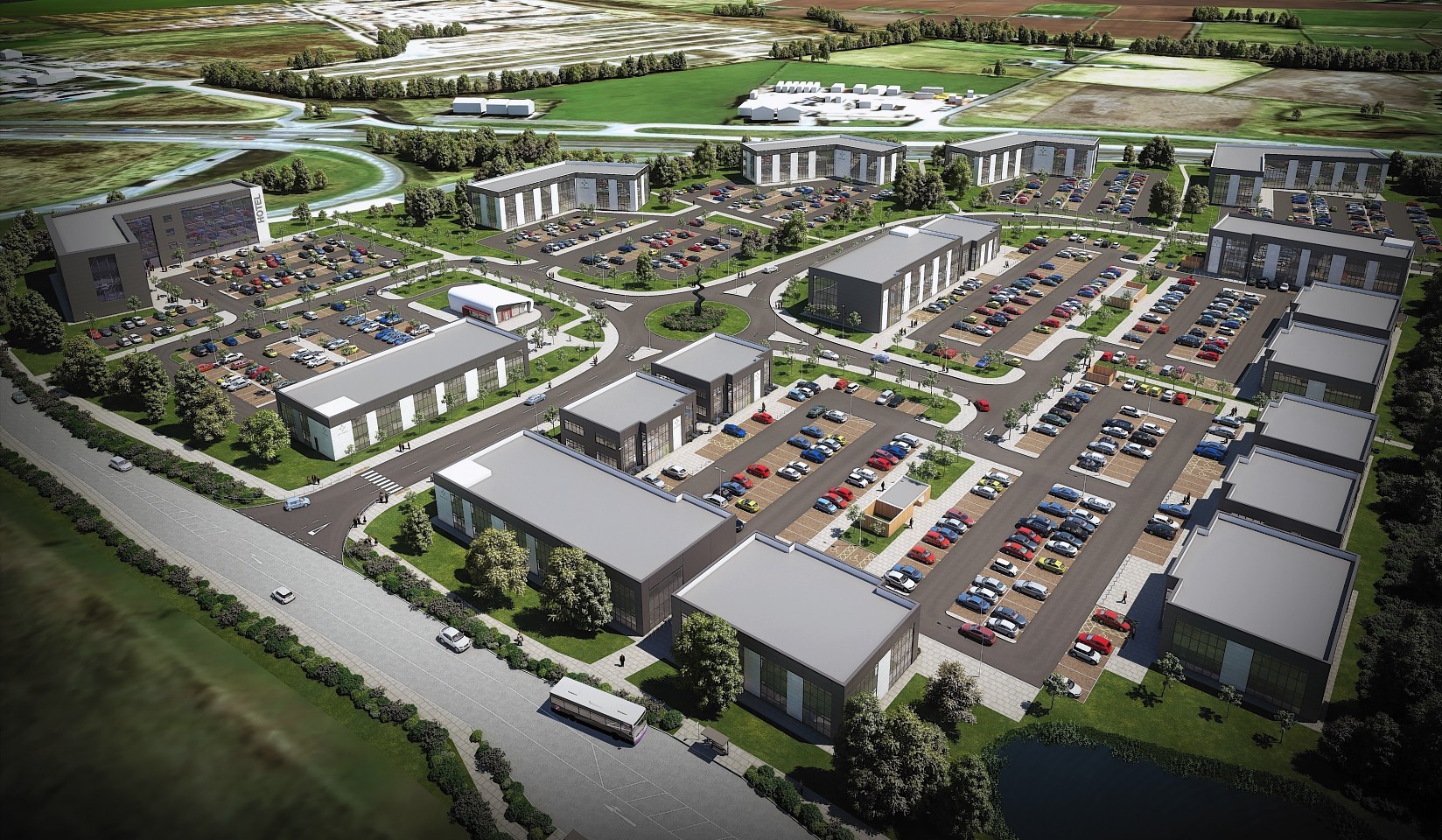Crippling rents and a lack of affordable housing have combined to cause a surge in the number of Aberdeen families without homes.
The latest statistics released by the Scottish Government revealed that over the last year, the number of households in temporary accommodation in the Granite City rose by 12%.
Housing charity Shelter Scotland described the increase as a “cause for concern”.
Aberdeen councillor Ross Thomson said he had been approached by constituents who had experienced difficulties.
He said: “In Aberdeen, rent for a one bedroom property will cost maybe £650 or £700 and flats for sale go for well over the asking price.
“It’s coming across really clearly both from residents and from businesses that we need more affordable homes in the city.”
The government survey also discovered that of the 11 households across the country with children in bed and breakfast accommodation, three were in Aberdeenshire and one in Moray.
Bed and breakfast or hostel accommodation is often used for emergencies when there is a severe shortage of housing.
Graeme Brown, director of Shelter Scotland, said: “Any rise in the use of temporary accommodation is a cause for concern and while we can’t be sure this is an upward trend or a short-term blip, it is vital that people housed in temporary accommodation should be found a permanent home as soon as possible.
“Aberdeen City Council’s reliance on temporary accommodation is typical of the picture across Scotland caused by the chronic shortage of affordable social housing. This is also one of the root causes of homelessness.
“The only way to end Scotland’s housing crisis for good is for the Scottish Government to ensure that 10,000 new social homes are built each year for the foreseeable future.”
But a spokesman for Aberdeen City Council said the number of households placed in temporary accommodation had reduced significantly in recent years from more than 400 in 2011 to 324 at the end of March 2013.
The number of new applications made in the past year fell by 6%.
He said: “Within that context, the increase in the past 12 months brings the number of temporary accommodation tenancies back to a fairly normal level and remains below previous highs.”
The spokesman added that it was expected the Housing Access Service, which was launched in April, would lead to a reduction in the number of households in temporary accommodation.
